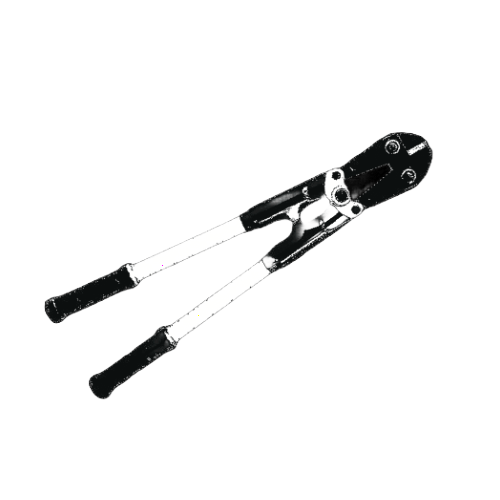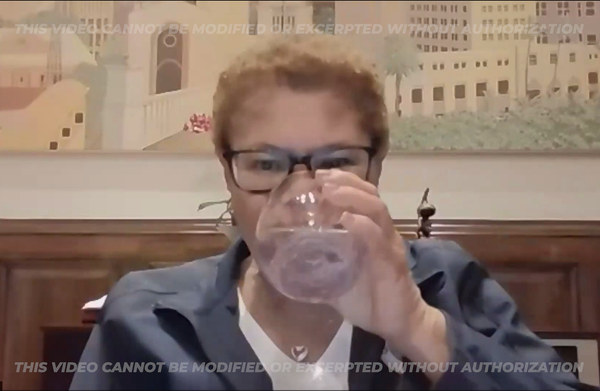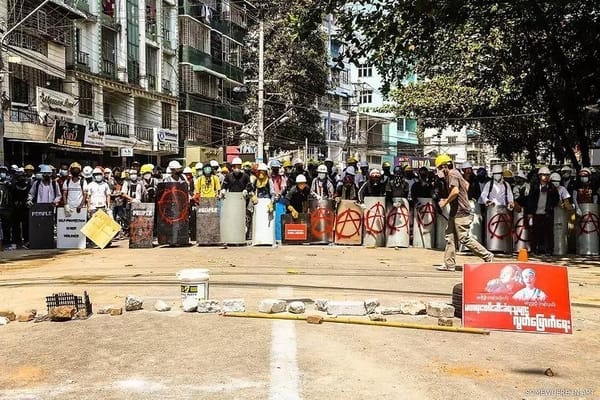FOIA FRIDAY: The case of the missing and destroyed Flock Cameras.
The license plate readers keep disappearing and the costs to replace them are adding up.
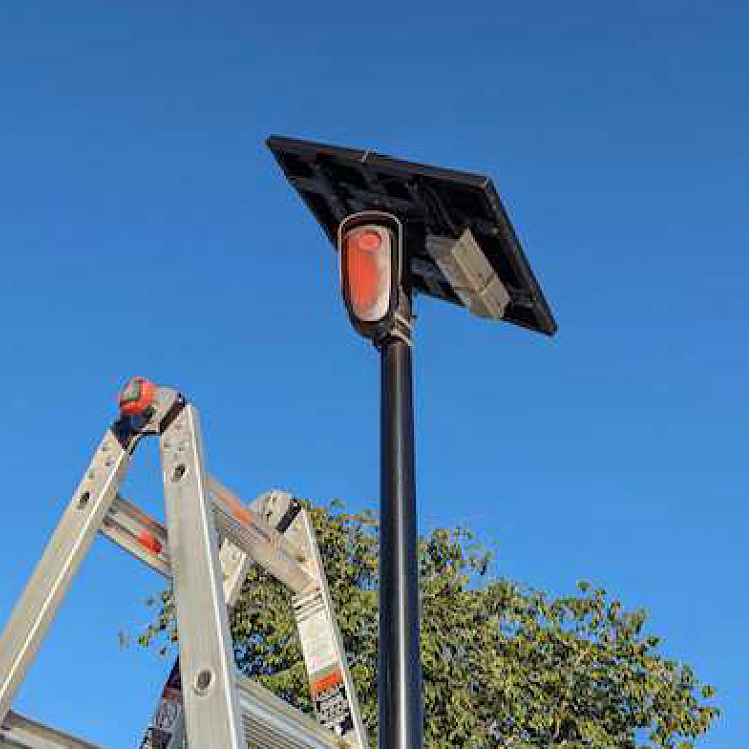
Welcome to the first edition of FOIA Friday. I'll go over records that I find amusing or add a layer of context to other stories out there, including mine. At the end, I'll link to the request to show you how I made the request.
While I have you here, I am doing a summer subscriber promotion offering a 50% discount on my highest tiered membership for a whole year. I'll be sharing exclusive content that other subscribers won't have access to, including FOIA office hours and early access to my stories before they're published. More subscribers mean more resources to do the work I love and do so with greater depth.
You can subscribe or upgrade using the code: hotnews. Give it out! Write it on a bathroom wall! Subscribe here!
For this week's FOIA Friday, we're talking about license plate reader company Flock Safety, that are suspiciously going missing in Riverside County.
Flock's ALPR cameras are crowding city streets across the country with little pushback from city officials. They're starting to become inescapable thanks to the boosterism of police departments and the company's lobbyists.
Police sell the public on how they'll help improve case closure rates by tracking a suspect from the scene of the crime. But in five years, the San Bernardino County Sheriff's Department collected 2 billion license plates, and 0.09% .09% were on a “hot list" that alerts police to suspects, stolen cars, and other low-level crimes like traffic violations. That hit rate is the norm.
But they track more than suspects.
Every day, people going about their daily lives have their license plates photographed and saved into Flock's database on the assumption that they may commit a crime in the future.
We all have routines. Our route to work rarely changes. Your trip to the grocery store or gym likely doesn't deviate either. Your trips to Lowes and Home Depot are being photographed under the premise to catch shoplifters. Now, police can pull up every camera you've driven past and piece together where you live or work. Recent examples show how valuable the data is for police to wield against vulnerable people.
Police were recently caught running searches on immigrants for ICE investigations, including in states where it's illegal for police to share data with the agency. It's not like ICE is hurting for more personal data gathered through dragnets of surveillance technology.
In another instance, Texas police searched nationwide to track someone who self-administered an abortion. Both were exact scenarios that privacy advocates warned about as police departments.
California Highway Patrol also has access to Flock license plate readers outside Home Depot and Lowes.
— Joey Scott (@joeyneverjoe.bsky.social) 2025-08-06T17:58:27.788Z
It's unsurprising to find out people are now stealing and destroying the cameras they can get to in their communities. Emails and photos from Flock obtained in a public records request reveal it's an ongoing problem for the Riverside County Sheriff's Department.
Their cameras have been shot at, stolen, and painted over. One notable example includes a determined individual who climbed a ladder to put a piece of tape over a camera. They also snipped its wires for good measure. Other cameras were dug up from the ground and stolen or obstructed with spray paint. Several cameras were run over by cars involved in accidents.
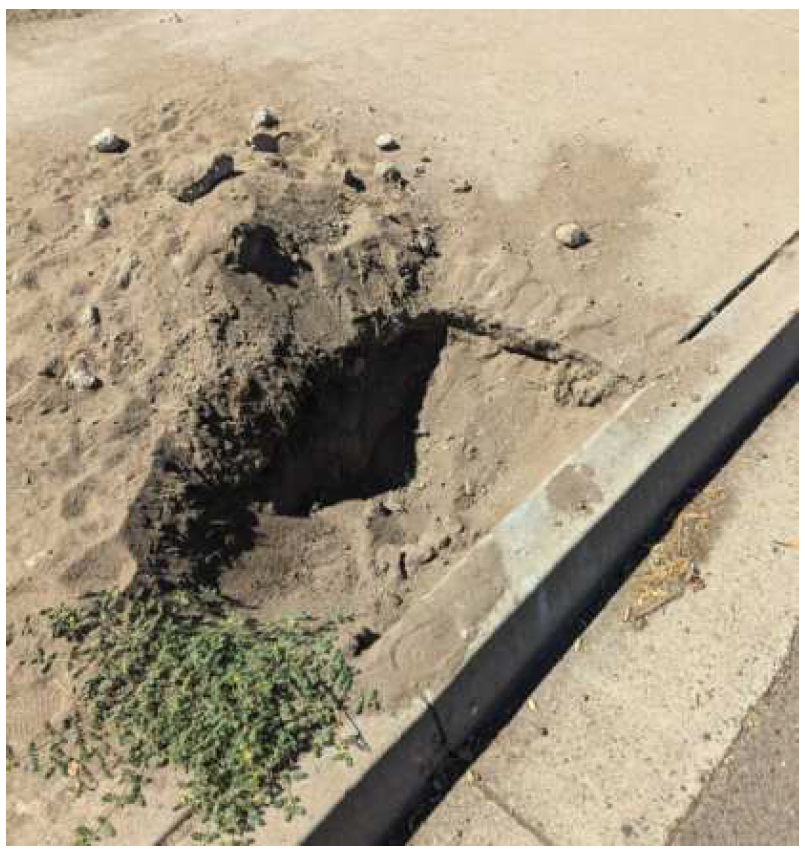

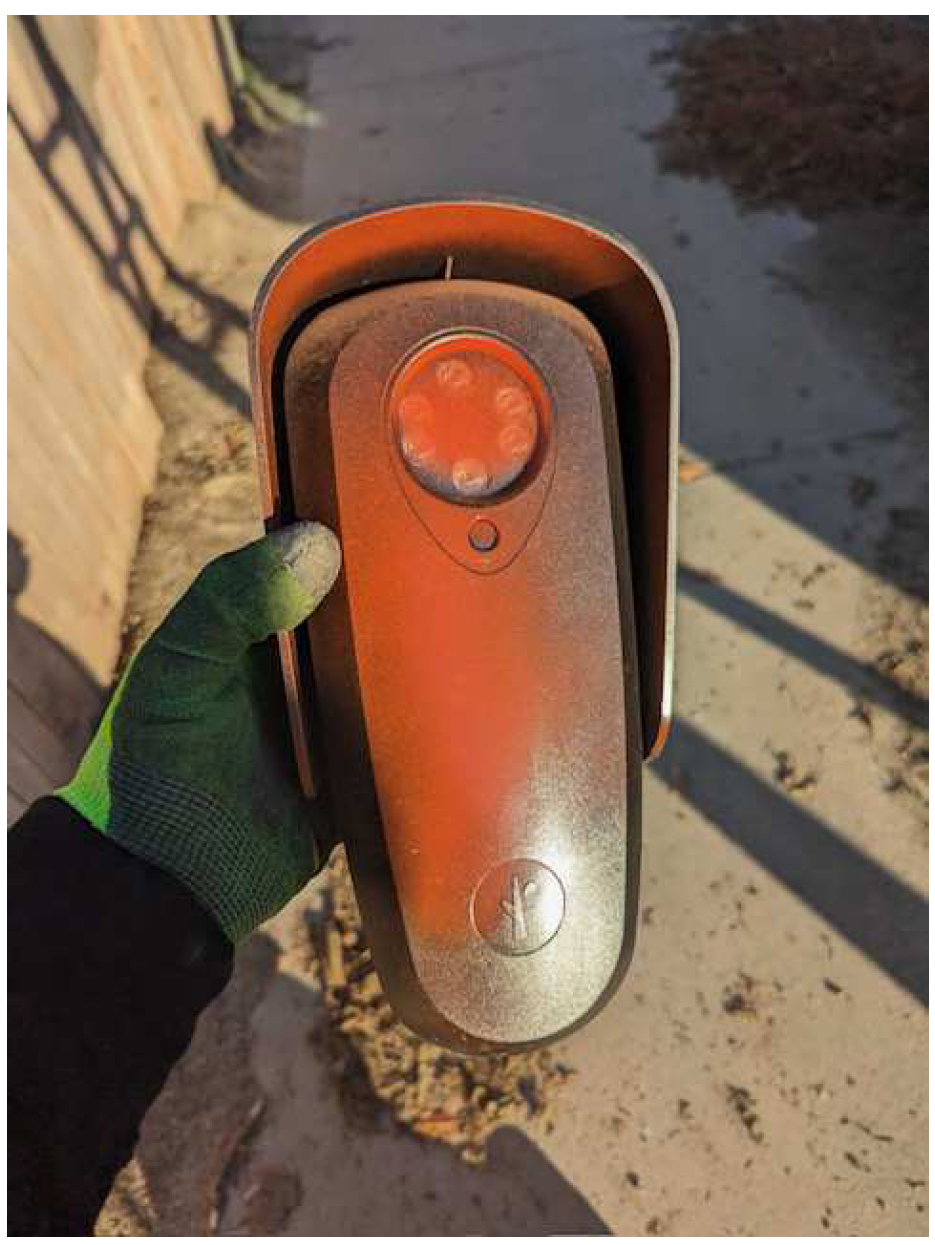
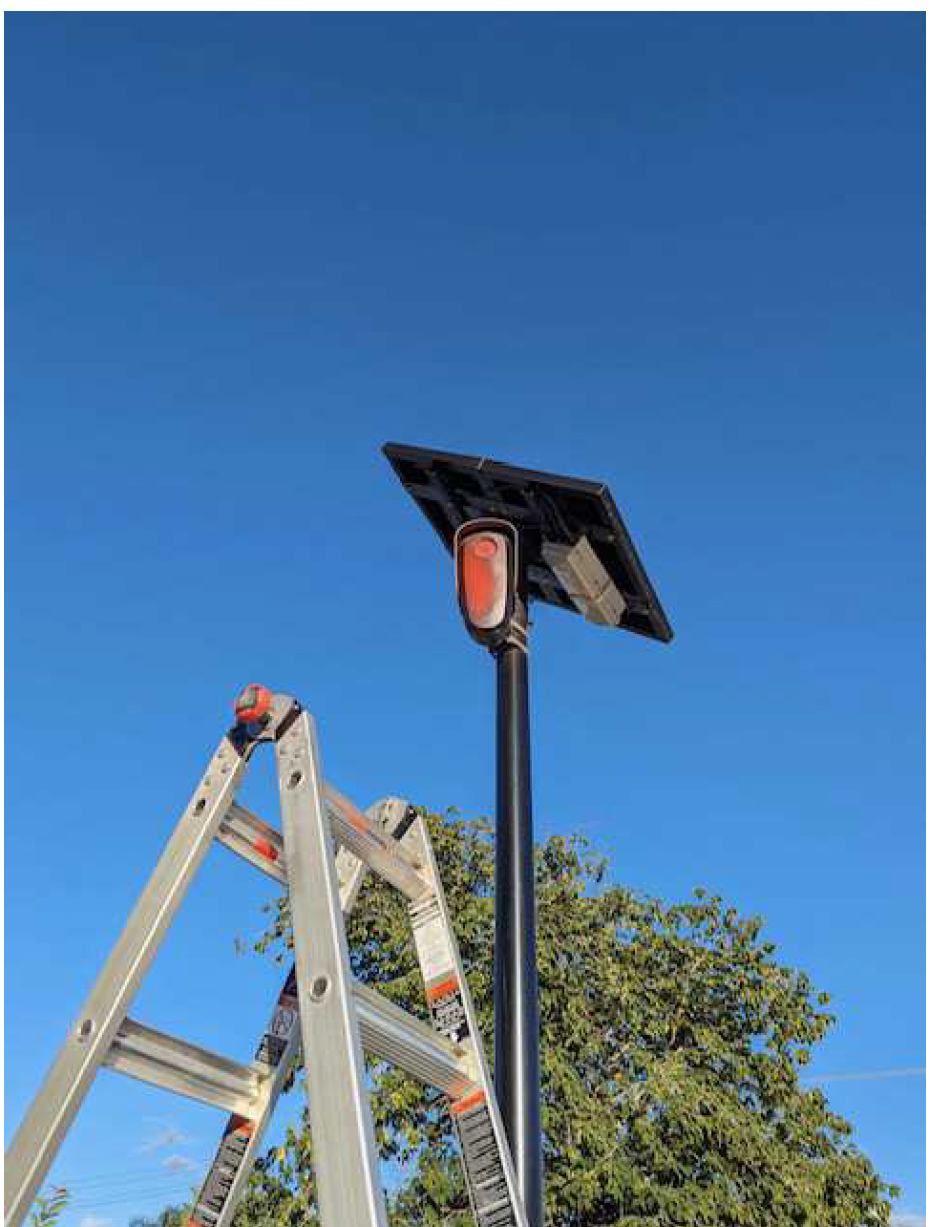
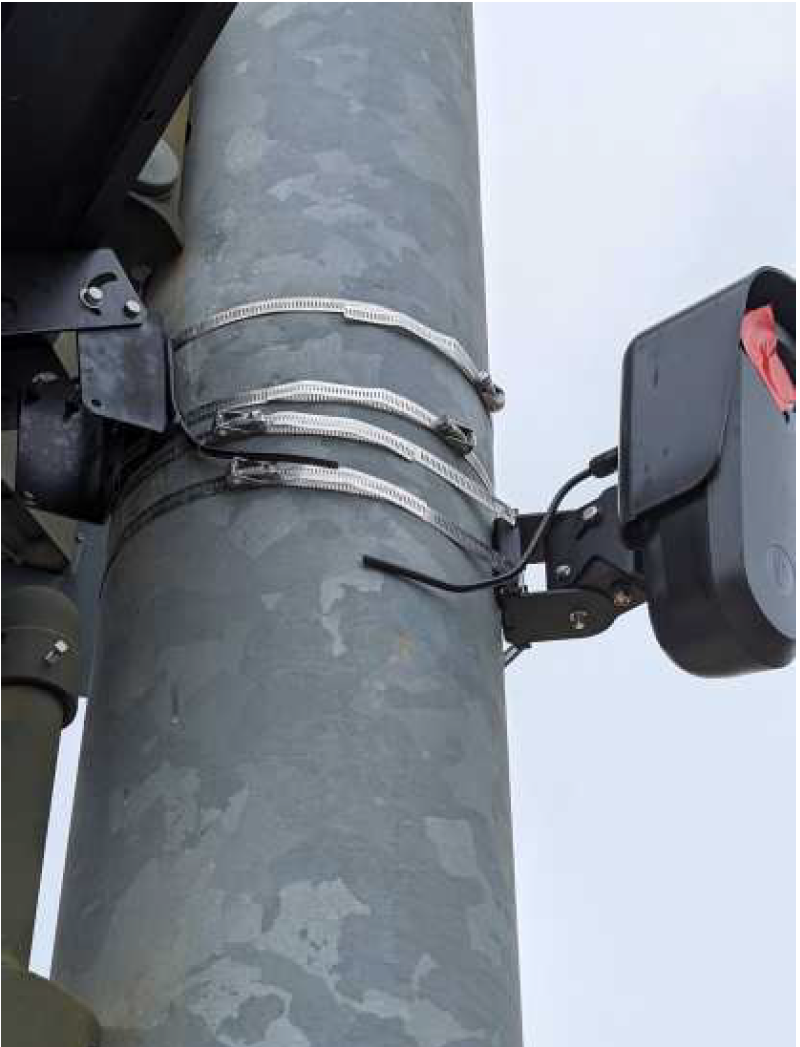
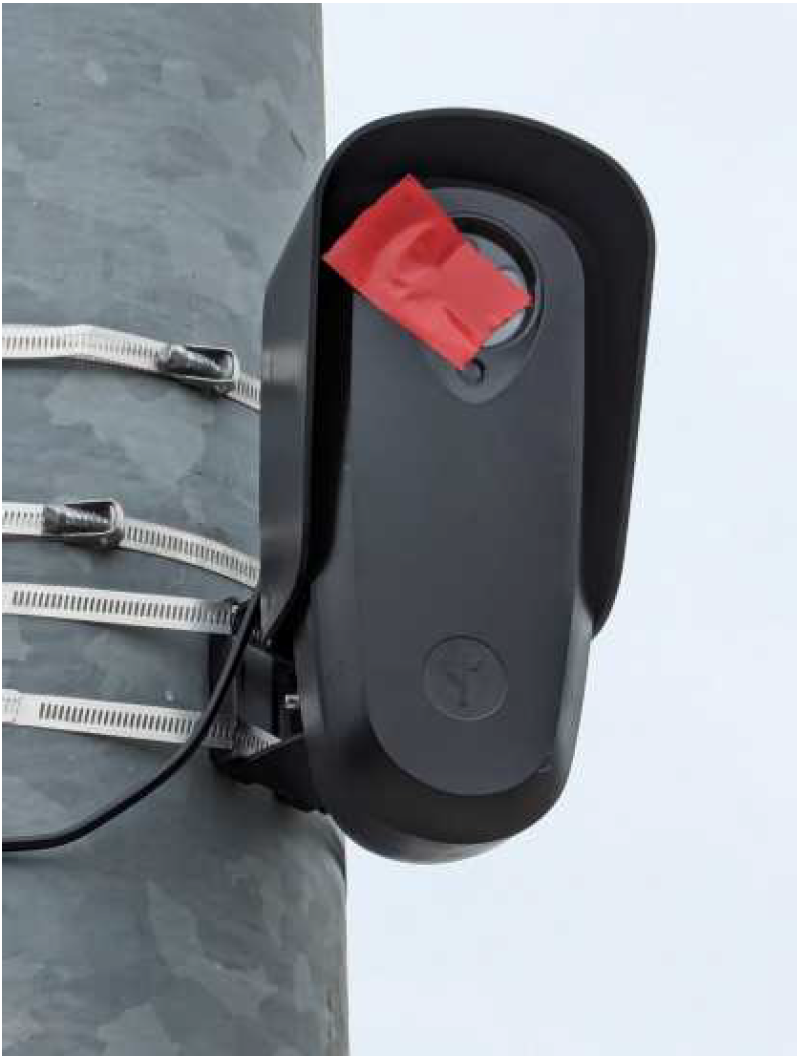
A collection of the various ways Flock cameras have been sabotaged. Photos taken from a public records request.
It's an expensive problem, too. Flock's replacement and reinstall costs range from $800 to $1,300 for one camera, with taxpayers footing the bill.
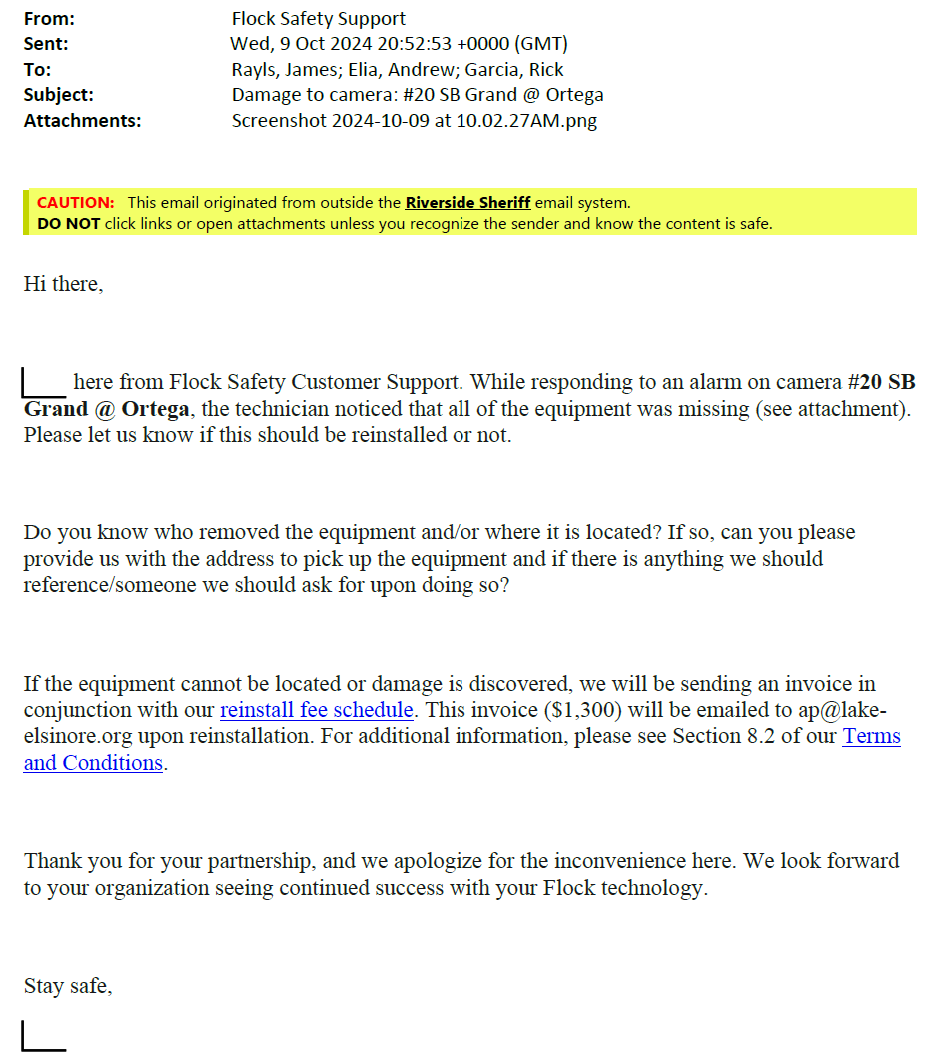
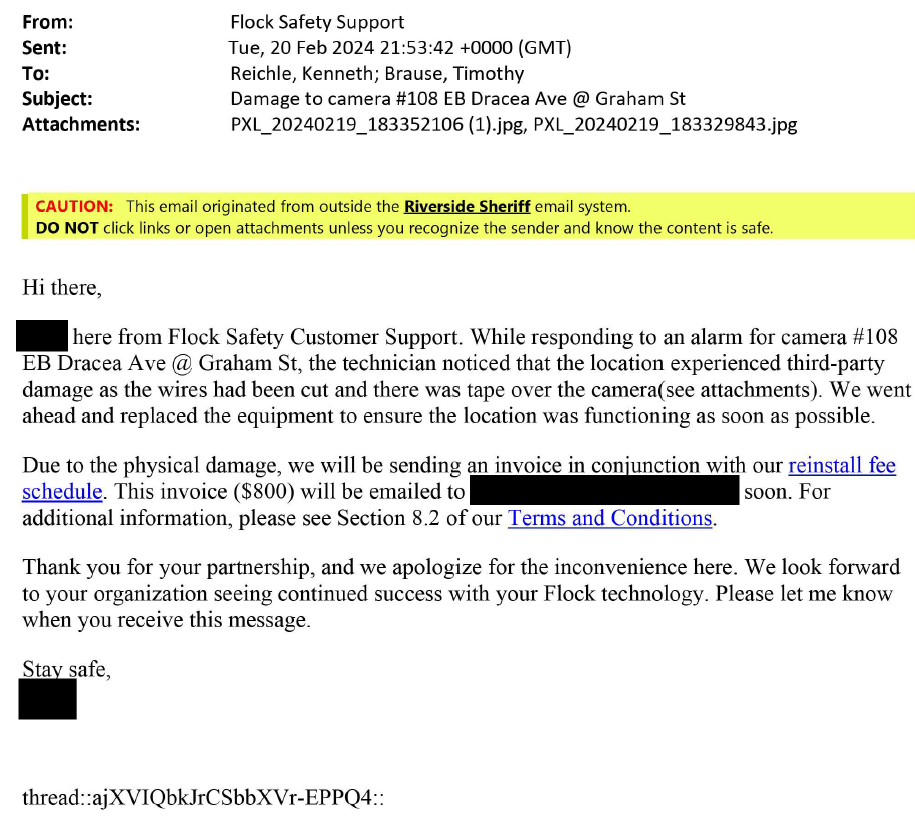
It's unclear how prevalent the problem is in other cities or the motivations of everyone involved. It could be for financial gain by selling the cameras and solar panels for parts. Others may be doing it to make it harder for police to catch them after committing a crime. Or the acts of sabotage are part of a Butlerlian jihad against the pervasive surveillance state in their communities.
Either way, the street-level cameras will continue to be easy targets for those who want to see them gone.
Here's the request. You can see it's unrelated to the theft and destruction of the cameras.
Hot tip: You can find out how big the issue is in your city by requesting the keyword "reinstallation" or "responding to an alarm" with the Flock Safety Support email to your local police agency. The request is several pages long and includes camera locations (that are in public view!), too. You have to dig through it to find them.
No paywall. No ads. No masters.
You can help me keep it that way by becoming a paid subscriber.
